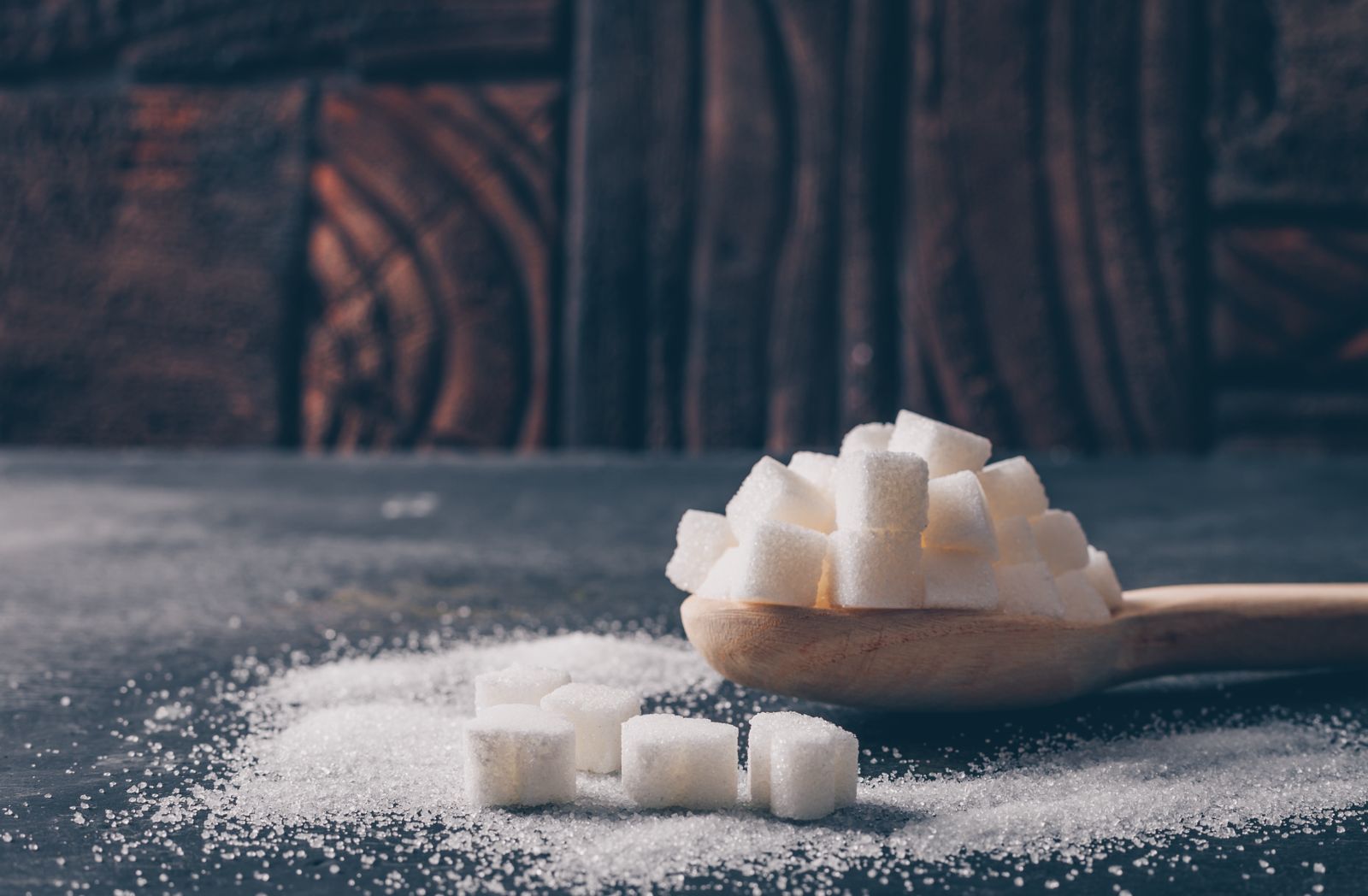Jaipur: The Rajasthan State Ganganagar Sugar Mill (RSGSM), once a dominant force in the Rajasthan Made Liquor (RML) segment, has witnessed a dramatic decline in its market share—from 92.54% in 2019–20 to just 10.88% in 2024–25. In contrast, a private company selling RML expanded its share over the same period, rising from 7.46% to 70.76%.
RML was introduced in 2019–20 as a low-cost alternative to Indian-Made Foreign Liquor (IMFL), with the aim of promoting and financially strengthening RSGSM. At the time of its launch, RSGSM was the principal producer. However, despite steady growth in overall RML sales—crossing 60 lakh cases annually—RSGSM's contribution continued to shrink.
According to documents accessed by TOI for 2024–25, out of a total of 60.24 lakh RML cartons sold, the private firm accounted for 42.63 lakh cartons (70.76%), RSGSM sold 6.56 lakh cartons (10.88%) and the remaining 12% was divided among a dozen other companies.
Over the past six years, RSGSM's presence in the RML market steadily eroded. From a commanding 92.54% share in 2019–20, it dropped to 32.57% in 2020–21, then to 30.99% in 2021–22, 27.46% in 2022–23, 25.17% in 2023–24, and finally to 10.88% in 2024–25.
This sustained decline marks a significant setback for the state-run enterprise in a segment it once dominated.
A senior official, speaking on the condition of anonymity, said, "The policy needs to be reviewed, as it triggered a steep decline in RSGSM's sales. Earlier, contractors were mandated to purchase 40% of their RML stock from RSGSM under a rider clause. This requirement was later reduced to 25% and eventually made optional. Under the revised rules, contractors opting out of purchasing RSGSM's products could choose private brands instead by paying Rs 10 per bulk litre or Rs 87 per case."
The data shows that while several private companies expanded their presence in the RML segment, one private firm recorded the most significant growth—its market share increasing more than tenfold since the launch of RML.
Sources alleged that a nexus between private players and officials in the excise and finance departments enabled this company to corner 70% of the total orders.















